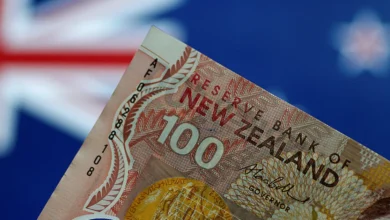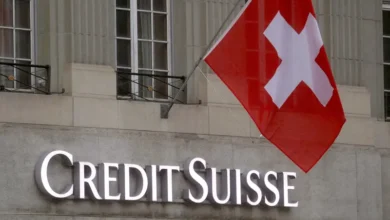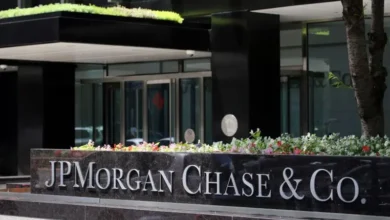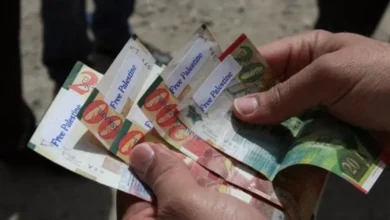Meme stock billionaire’s Alibaba wager risks clash with Beijing
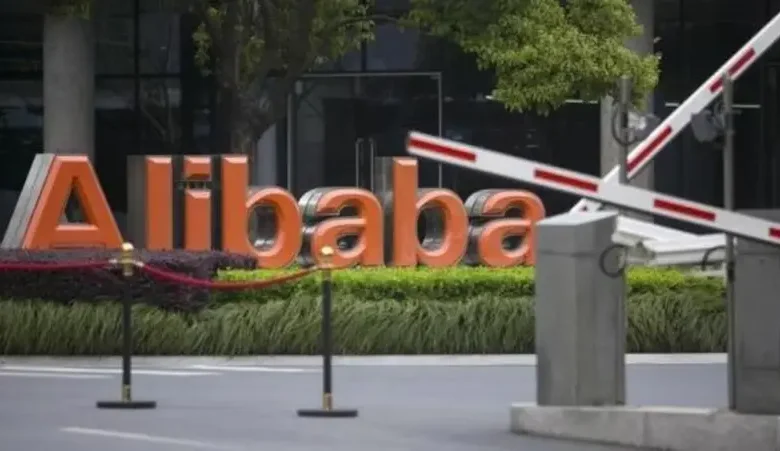
Ryan Cohen enthralled a generation of stock market punters by placing counter-intuitive bets on household names from GameStop Corp. to Bed Bath & Beyond Inc. Now, the activist investor is taking on Chinese icon Alibaba Group Holding Ltd. — and he may find himself at odds with the Communist Party in Beijing.
The billionaire entrepreneur, an idol of the meme-stock crowd who muscled his way onto the GameStop board, has taken a stake in Alibaba worth hundreds of millions of dollars.
He’s agitating for a ramp-up in share buybacks and predicts the internet giant — valued north of $300 billion as of Tuesday — will return to its pre-COVID-19 days of heady double-digit growth.
That could put him in conflict with the priorities of Chinese President Xi Jinping. Since late 2020, Xi’s administration has made clear its distaste for the free-wheeling capitalism that tech giants like Alibaba embodied.
Through a series of abrupt regulatory edicts, the Party has wiped out growth at Alibaba and peers such as Tencent Holdings Ltd., and moved to exert greater control over everything from social media to companies themselves.
Only in recent months has that onslaught begun to recede, as Beijing prioritized the resuscitation of an economy devastated by three years of Covid Zero curbs and global inflation.
On Tuesday, Alibaba managed a 1 percent gain in Hong Kong — a far cry from the explosive rallies that meme-stock watchers are accustomed to.
Cohen’s move triggered immediate debate about the realism of his goals and the practicality of trying to influence a $300 billion behemoth that — like the rest of the giant internet sector — has become increasingly subservient to its political masters.
“Futile,” said Hao Hong, an economist with Grow Investment, of Cohen’s endeavor. “It’s unlikely for Ryan to move the dial. It’s politically incorrect to report a huge profit against the backdrop of common prosperity.
Predictably, Cohen’s move drew its share of advocates and detractors on forums such as Stocktwits and Twitter.
Some advised selling the stock on news, while others wondered if Cohen would create a situation similar to Bed Bath and Beyond: the billionaire drew fire last year after individual punters got caught in a big selloff.
But a fair number also predicted another GameStop in the making. Cohen is pushing Alibaba to buy back more of its shares, in a rare case of activism targeting a prominent Chinese firm.
The entrepreneur contacted Alibaba’s board in August to make the case its shares were undervalued. That’s based on a view it can achieve double-digit sales growth and almost 20 percent growth in free cash flow over the next five years.
Therein lies one issue.
Such a performance would require a return to the scorching growth rates that China’s largest e-commerce company once routinely delivered — before it became a high-profile target of Beijing’s crackdown on technology giants.
The government in 2021 forced Alibaba and peers like Tencent to revamp business practices, wiping out top-line growth at a time Covid Zero curbs weighed on the economy. The company co-founded by billionaire Jack Ma posted a surprise loss in its latest quarter, as revenue again barely grew.
It’s also far from certain whether Cohen’s small stake would carry any weight with a company that, since the crackdown, has been careful to align itself with government “common prosperity initiatives” such as philanthropy.
Just this month, a government entity took so-called “golden shares in an Alibaba entity,” which in theory allows the government to nominate directors or sway important company decisions. That sort of vague threat raises questions about the efficacy of shareholder activism.
“While Ryan is influential and the news is positive for BABA, it’s unlikely to have much sway with the board given Chinese authorities have that golden share,” Hong said. “BABA has been going up, but not because of Ryan Cohen.”
Cohen is getting in at a potential inflection point for the world’s No. 2 economy.
From Goldman Sachs Group Inc. to Morgan Stanley, a growing number of strategists have made bullish calls following China’s Covid Zero exit and vows to end the tech clampdown.
The shifts have spurred a roughly 60 percent rally in the Hang Seng Tech Index since an October trough, a world-beating feat even though the gauge’s market value is still half of its February 2021 peak.
“This will be an interesting year for Alibaba in terms of how the firm manages the seemingly greater number of ‘voices’ that aim to influence decisions,” Bloomberg Intelligence analyst Catherine Lim said.
Cohen helped build Chewy.com into a pet supply giant that was sold for more than $3 billion. In 2020, he revealed a large stake in GameStop and later sent a letter to the board asking for changes. A few months later, he was appointed a director.
The GameStop episode cemented his reputation among punters. Its shares soared, briefly boosting the chain’s market value by more than 10-fold to $24 billion, and Cohen unwittingly was crowned king by an army of retail traders — someone willing to stand up for a struggling brick-and-mortar chain that Wall Street seemed set on beating to death.
Since then, he’s fueled the talk by periodically posting cryptic tweets mixing mercurial messages with criticism of high-paid CEOs and Wall Street vultures looking to make a buck. He tweeted a poop emoji with an image of a Blockbuster store in response to comparisons of GameStop to the largely defunct movie rental franchise.
Last year, some of that shine came off. He sold into a Bed Bath & Beyond rally, pocketing a $68.1 million profit — a 56 percent gain — on his investment, while many of his fans looked on in disbelief.
It’s unclear when he took a specific interest in Alibaba, which for years symbolized the rise of Chinese internet technology and innovation. The entrepreneur last year tweeted: “I have a crush on China. The activist has so far been silent on Alibaba itself.
But he is getting into a market driven by concepts unfamiliar to many Western investors. During the crackdown, multiple agencies put in place sweeping regulations to control everything from content and social media to gaming and the gig economy — areas in which Alibaba is exposed.
Cohen is engaging with Alibaba at a time company co-founder Joseph Tsai and a firm linked to Berkshire Hathaway Inc.’s Charlie Munger have started paring.
Beijing hasn’t publicly opposed shareholder returns. Tencent has been regularly buying back its own stock and distributing shares in investees such as JD.com Inc. and Meituan to its backers. Alibaba itself in November approved a $15 billion expansion to an existing $25 billion buyback program.
“Any ‘state involvement’ is likely to be constrained to sensitive areas such as user data and media businesses, rather than the company’s capital returns,” said Union Bancaire Privee’s Vey-Sern Ling. “Alibaba already has an existing $40 billion share buyback program, so pushing to upsize that shouldn’t be a step too far.”
